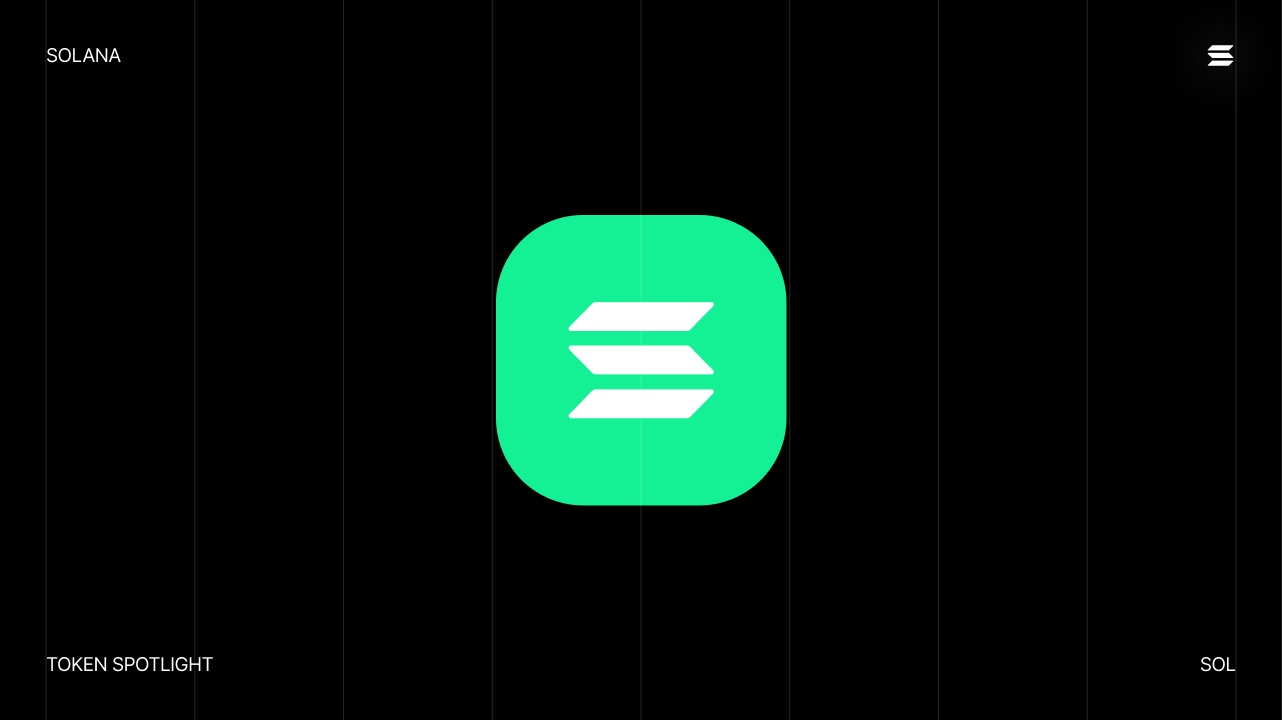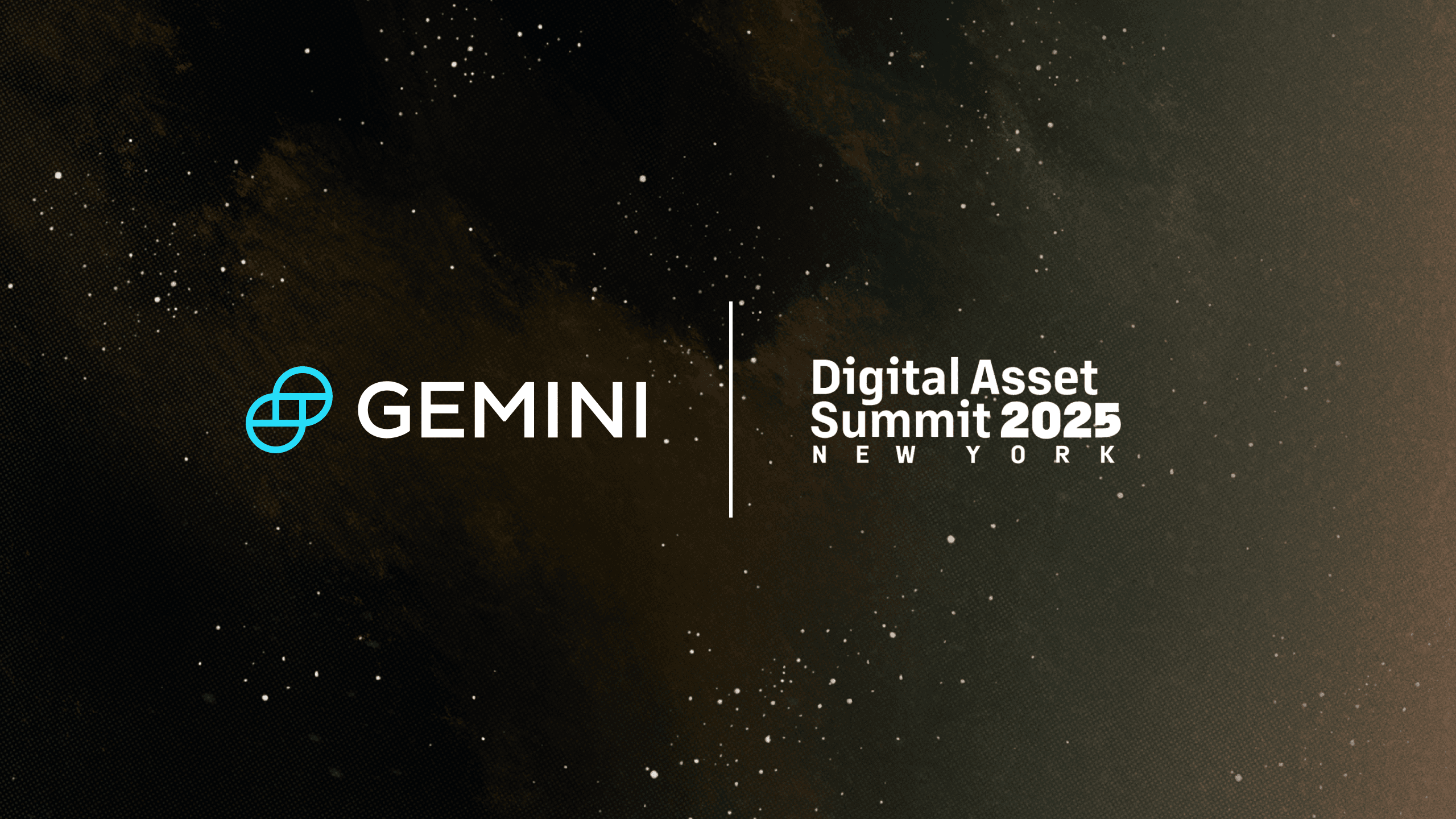Blog home
COMPANY
MAR 03, 2022
Token Spotlight: Solana (SOL)

Welcome to our new Token Spotlight series where we dig into some of the tokens available on Gemini and provide you with an overview of the projects and tokens we support. Today, we're exploring Solana (SOL).
Earlier this week, we announced support for Solana (SOL), a burgeoning smart contract blockchain launched in 2020. Solana’s architecture is distinct from that of other smart contract platforms like Ethereum. For a deep dive into Solana, check out this expert article on Cryptopedia authored by Anatoly Yakovenko, Solana’s co-founder and CEO of Solana Labs.
Solana Basics
- Native Token: SOL
- Consensus Mechanism: Proof of Stake
- Total Token Supply: Uncapped
- Transaction Speed: Over 50,000 transactions per second
- Website
- Whitepaper
SOL Token and Solana Use Cases
SOL is the native token of the Solana network and is used to pay for transactions on the network. Functioning as a smart contract platform, Solana aims to natively solve many of the scaling (growth) and throughput (volume) issues faced by other layer-1 blockchain solutions. Solana’s primary focus is on scalability and the ability to support high-usage decentralized applications (dApps).
A variety of dApps have already been built on Solana, including decentralized exchanges (DEXs) like Raydium and Saber, mapping applications like Maps.me, and music streaming platforms like Audius.
Technical Overview
The network combines a Proof-of-Stake (PoS) consensus mechanism with what is known as Proof of History (PoH), allowing validators to independently trust the time and order of transactions.
Similar to other blockchain networks like Bitcoin, validators on Solana earn rewards when they verify and process transactions. However, as a PoS blockchain, validators on Solana are chosen based on how much SOL they have staked on the network, rather than their computing power. Further, Solana is not an Ethereum Virtual Machine (EVM) chain, and does not employ sharding to increase throughput.
The Solana network adds a further piece to its protocol puzzle: PoH. In simplified terms, PoH adds a “time” element to the cryptographic verifications on the Solana network using a verifiable delay function. Read more about how PoS and PoH work together here.
We are excited about what the future holds for Solana and for the future of blockchain and crypto communities, and look forward to spotlighting other crypto projects as we continue on our mission to unlock the next era of financial, creative, and personal freedom.
Onward and Upward!
Team Gemini
RELATED ARTICLES

WEEKLY MARKET UPDATE
MAR 27, 2025
BlackRock Launches First European Crypto ETP, White House Narrows Tariff Strategy, and Fidelity Launches Blockchain Treasury Fund

COMPANY
MAR 26, 2025
Digital Asset Summit Recap: Trump Makes Surprise Appearance, Crypto Legislation Poised To Move Forward, and Gemini Talks Crypto Custody

WEEKLY MARKET UPDATE
MAR 20, 2025